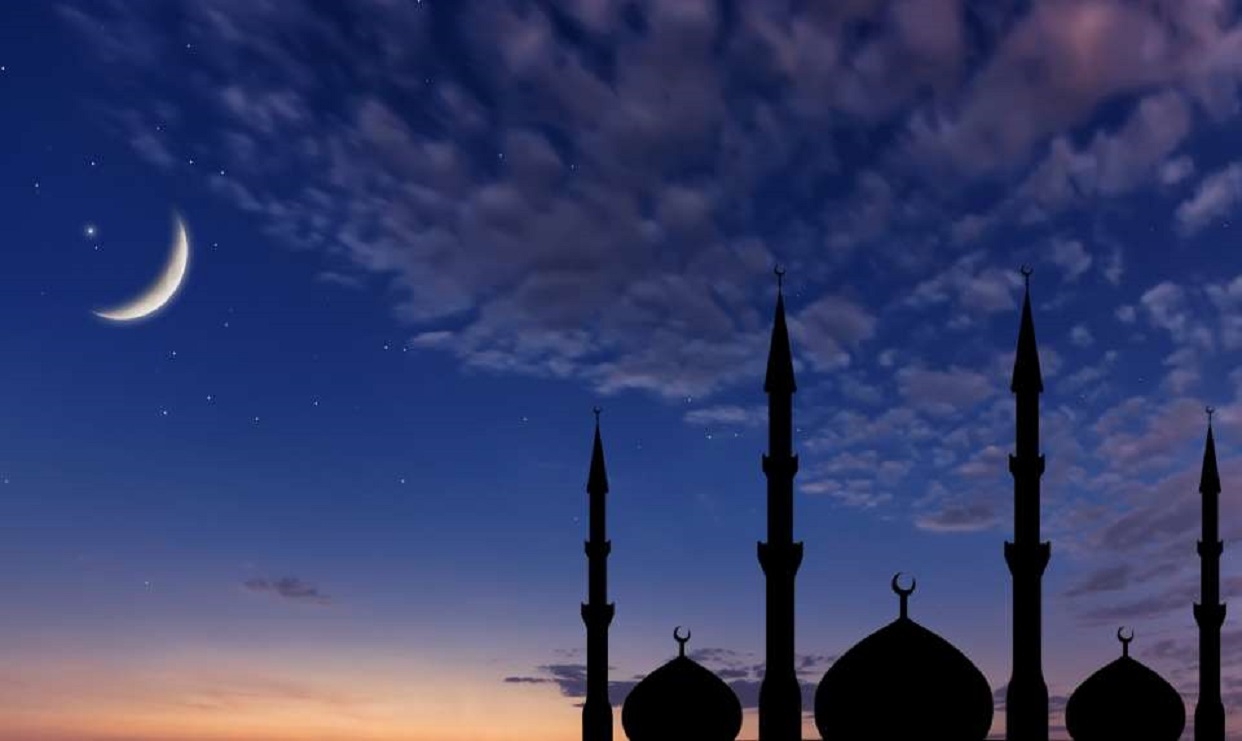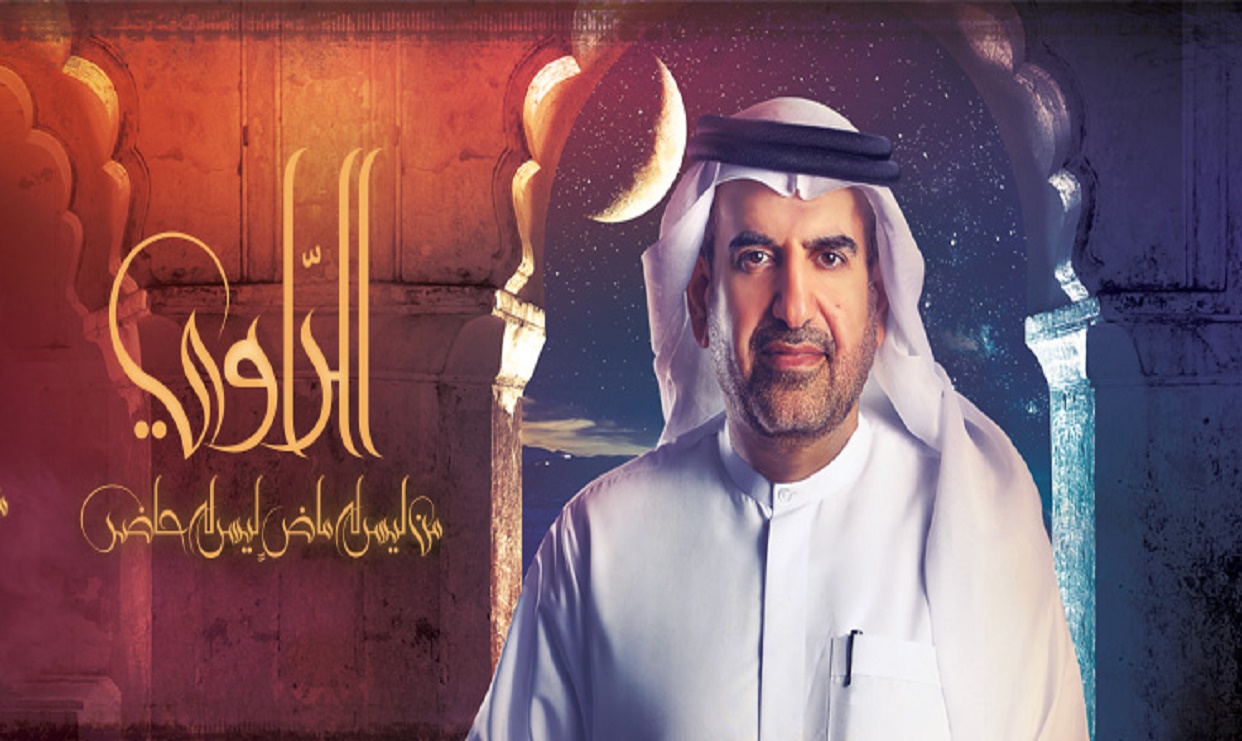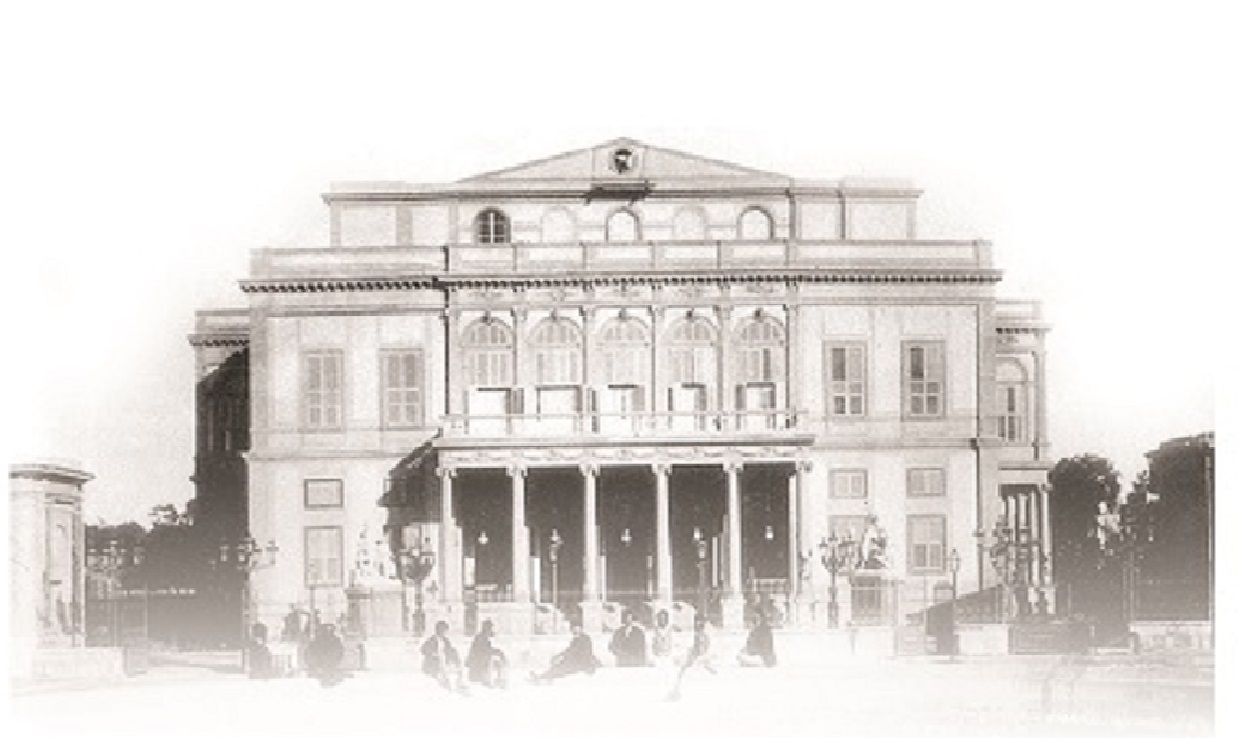1,025 عدد المشاهدات
Ramadan in the UAE
Customs, Worship and Authenticity Unaffected by Contemporary Life
Reportage by Dr. Maryam Ahmed Kadouri
The holy month of Ramadan is one of the best months in the Hijri calendar and holds a special place in the hearts of Muslims who prepare and devote themselves to it. During Ramadan, Muslims change everything related to their life including work customs, holidays, and travels.
It is the month of customs and worship, surely the month of reviving the heritage among the people of the UAE; in every place you enter you see the most accurate details of customs and traditions such as food, clothing, kinship ties, religious gatherings, active mosques, sparkling houses and other manifestations of material and moral readiness for this month.
This is relatively different among individuals under the circumstances of each of them, yet it does not prevent these individuals, as much as possible, to preserve the customs and traditions of fathers and ancestors that adorn Ramadan. The good habits and manifestations of social solidarity and synergy make the UAE, different from other Islamic countries, despite similarities, in the degree of adherence to the heritage and the degree of goodness that pervades the country. The following reportage comprises the details of blessed days recounted by some of the citizens we interviewed.
Poet Musabah bin Ali Al Kaabi: intensifying customs, worship, social ties in Ramadan
Musabah bin Ali al-Kaabi, one of f Al Ain residents, retains a strong attachment to the customs, values and traditions of the UAE, that are prevalent in the holy month of Ramadan. Among the things he is doing in preparation for this month is that he works hard to arrive early to his city and to devote himself to his home and his family. Due to his successive travels across the countries, he prepares himself well to welcome Ramadan. He says that he has prepared for this year a special Majlis open to the family and friends, where people meet after Taraweeh prayers since the first day of Ramadan. Ramadan has a special flavor for him and for every Emirati citizen. It is the month of intensifying Ramadan customs and worship, in addition to the gatherings with his family and friends, which are held in his Majlis and in the tents that are specially set up for this holy month. In the first hours of Iftar, the father, brothers and children gather in the tents, while women gather in a separate place from the men’s Majlis. Then there are the evening prayer and the Taraweeh prayers, which are continuous and permanent in the mosques.
After Taraweeh prayers, I get myself some rest and meet my friends. The month of Ramadan is a good opportunity to strengthen the social relations that are weakened by the preoccupations of life in ordinary days. I stay there until the time of Suhoor (the meal people have before they start their fast at dawn).
During Ramadan, day after day I start with work and end with sport before the Maghreb prayer. At night I devote times to the family and friends, while the end of the week is dedicated to visiting relatives and fostering kinship ties.
Our homes lack no aspects of ancestral traditions, from purely local cooking, to traditional attire specially tailored to women, men and even children on this great occasion. In this month, spirituality surrounds adults and children and the days are distinctive and pass quickly. Eid Al Fitr comes after the last day of Ramadan, which is a beautiful opportunity to perform prayers in the mosques full of believers, and to visit and greet relatives and rulers.
Mariam Issa Al Madfa: Good behavior and facilitation, my advice to women in the holy month of Ramadan
Retired member of the Ministry of Education in Dubai Mrs. Mariam Issa Al Madfa said: I may disagree with many in the rituals of the reviving the holy month of Ramadan in terms of preparation. I do not prepare anything save spiritual and psychological readiness. I disagree with women regarding going to the market and buying unnecessary things, and I maintain the same system of normal life. I only buy enough items for at least three days and not more than a week; because my family is small and our needs are few. Sometimes, in Ramadan I might buy new stuff, so I donate things that I have previously had. All women should do the same in a time everything is available, and we are, unfortunately, no longer acting wisely with respect to consumption and organization of our lives.
What I like most about Ramadan is that it brings together the family, and the times of the meeting become more frequent. With the preoccupations of life in normal times, we may not meet very often, not at lunch or dinner, but on Ramadan Iftar, everyone is present and happy with the details that the mother is working hard to prepare during the days of Ramadan. At the Iftar table there are many types of delicious food including Harees, Thereed, Madrouba, Luqaimat, soups, sambosa, Machboos etc. This is the basis of our breakfast, which is an important thing that gives Ramadan special flavor. Customs and traditions are indispensable part of our culture, regardless of the changing conditions of life.
In Ramadan, I dedicate myself during the day is to my home, but at night I dedicate myself to worship, where we pray Taraweeh in my house, which is favored for women especially those with children. However, in the last ten nights of Ramadan I pray with my daughters in the mosque in order to calculate the greatest reward and forgiveness from God. Sometimes I meet with my family; where we have family feasts together.
Sometimes, I meet with my friends; it is a nice occasion to rest and enjoy the time with my loved ones. Thus, the days of Ramadan in my house are simple, modest and dedicated to family. I do not prepare too much while waiting for Eid Al Fitr, because of the abundance in everything, especially in the clothes I usually buy during my travels, to find myself ready in all seasons and holidays. So, I don’t have to take the trouble in the long search in shopping places.
Ahmed Abdullah bin Askar Al-Naqbi:
Ramadan for UAE students: religious and scientific observance together
We hosted from Sharjah Mr. Ahmed Abdullah bin Askar Al-Naqbi, a retired pilot and a Master of Law student at Al-Ghurair University. Mr. Ahmed said: Ramadan came this year while I am preparing for the exams like the other students of our dear country, whom I wish success and good luck. Currently, I retreat in my house very busy preparing for the exam to finish my Masters. I am about to graduate, God willing, and once I finish the exams I will start my normal life with friends and family. One of my tasks is working with my colleagues at Mughaider Suburb Council, a public council with a range of services. Meetings and lectures are held by researchers in different fields. I am the spiritual father in the Council because I am the oldest, and my presence is necessary for the continuation of work and activity.
My daily routine is very limited, there are people who are interested in visiting relatives during the holy month of Ramadan, but my relatives, whom I love so much, are away from me in the eastern region. I meet with my friends in mosques and sometimes in the Majlis. But mostly, I spend the time with my family, all of which have jobs thus we only meet in the evening. But in this holy month, the meetings are more frequent and the sessions are longer. Most of and the time is devoted to the family and there are other times dedicated to private religious retreat to read the Koran before Maghrib prayer. After Maghrib prayer, we eat breakfast at the traditional table, adorned with Madrouba, Thereed, and Luqaimat and other traditional dishes that the family cooperates in preparing.
After that, we go to pray Taraweeh in the mosque. Then, I go to the Sheikhs Majalis, such as the Majlis of Sheikh Faisal bin Khalid bin Mohammed and the Majlis of Sheikh Mohammed bin Salem Al Qasimi. These Majalis are full of love and friendship, then I go home to spend another beautiful time with the family.
My way of living has greatly changed as I entered university, and I no longer come back home late because of the new commitments. And this is Ramadan, it is – despite the study and hardship – a month in which the souls are comfortable with the family and loved ones. We are celebrating Ramadan and soon Eid AlFitr, wishing our country and the Islamic states many happy returns.





